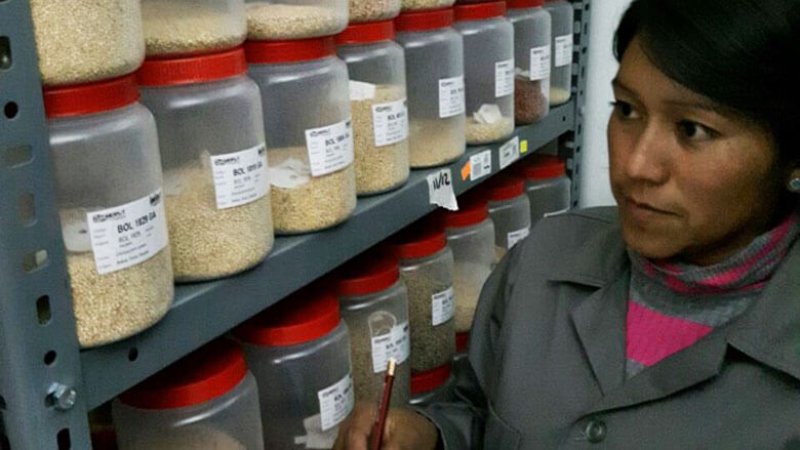The paradox of the situation is that every day we consume products made in other countries that originally come from seeds in which biotechnology has been applied.
Food production is one of the few sectors that, with the right rules and conditions, could quickly achieve a leap in productivity that would ensure the country a sustainable development that would make possible the creation of thousands of additional jobs, as well as the foreign exchange that sustain economic growth.
We cannot continue imposing straitjackets on ourselves by retrograde ideology visions that do not respond to the needs of the country but to the international political agendas of the financiers of these currents.
[Editor’s Note: This article has been translated from Spanish and is edited for clarity.]































